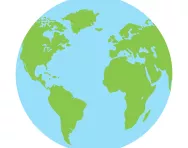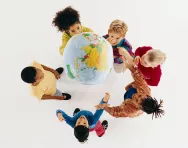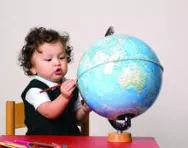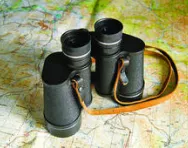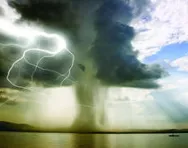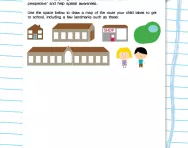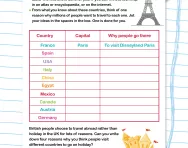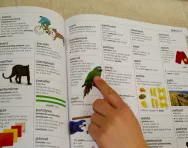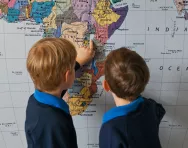TheSchoolRun.com closure date
As we informed you a few months ago, TheSchoolRun has had to make the difficult decision to close due to financial pressures and the company has now ceased trading. We had hoped to keep our content available through a partnership with another educational provider, but this provider has since withdrawn from the agreement.
As a result, we now have to permanently close TheSchoolRun.com. However, to give subscribers time to download any content they’d like to keep, we will keep the website open until 31st July 2025. After this date, the site will be taken down and there will be no further access to any resources. We strongly encourage you to download and save any resources you think you may want to use in the future.
In particular, we suggest downloading:
- Learning packs
- All the worksheets from the 11+ programme, if you are following this with your child
- Complete Learning Journey programmes (the packs below include all 40 worksheets for each programme)
You should already have received 16 primary school eBooks (worth £108.84) to download and keep. If you haven’t received these, please contact us at [email protected] before 31st July 2025, and we will send them to you.
We are very sorry that there is no way to continue offering access to resources and sincerely apologise for the inconvenience caused.
National curriculum geography – is it a dying subject?
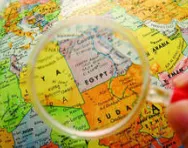
Could your child point out the United Kingdom on a map of the world? Do they know London is the capital of England?
Amazingly, a survey in 2006 by National Geographic Kids magazine found that one in five children aged six to 14 couldn’t locate the UK on a map and one in ten couldn’t name a single continent.

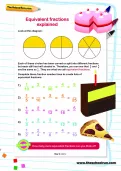
Start a unique learning programme!
- Weekly programme for each school year
- Worksheets sent direct to your inbox
- Keeps your child's learning on track
But while map reading skills are important, there is far more to geography than this. In fact, geography is one of the most relevant subjects our children can learn.
Barely a day goes by when geography isn’t in the news – earthquakes, hurricanes, floods, natural disasters, war and of course, climate change.
As geographer Michael Palin, puts it: “Geography is all about the living, breathing essence of the world we live in. It explains the past, illuminates the present and prepares us for the future.
What could be more important than that?”
Geography: a forgotten subject?
Despite such an inspiring philosophy, national curriculum geography has slipped in importance on the school timetable.
Ofsted research has revealed that pupils’ achievement in geography is weaker than in most other subjects and the number of children choosing to study it at GCSE is falling.
There isn’t one clear reason for geography’s decline – instead there are a number of issues affecting schools. Many primary geography teachers feel they are not confident in the subject and have little opportunity to improve their knowledge of it. Also there is such a strong push for literacy and numeracy skills that other subjects can be pushed to one side.
Another issue is the lack of field trips, one of the most enjoyable parts of geography. Many schools are not doing as many as they should because of a lack of funds and staff resources and worries about health and safety.
School geography benefits
The good news is that tide is starting to turn for geography learning and there has recently been a huge government push to promote geography for children.
An Action Plan for Geography has been launched, providing support for geography teachers in conjunction with the Geography Association and Royal Geographical Society. Changes are also being made to structure of the geography curriculum and the subject at GCSE level is being revised. The Government is essentially trying to ensure that geography teaching in schools actually reflects what’s happening in the real world.
Inspiring your child to enjoy geography
There’s a lot parents can do to spark children’s interest in geography.
- Go and explore the landscapes around you as a family – it doesn’t matter if you live in an urban environment or a rural one.
- A holiday can also turn into a learning experience for children – talk about sand dunes, the coastline, weather, shells, how fossils are formed. If your child is older then they may want to keep a journal of their holidays or conduct their own experiments.
- If you don’t already have one, buy a globe and an atlas of the world.
- Talk to your child about the world, tell them about different countries you have visited and discuss capital cities.
- Look at travel magazines or TV programmes about other countries.
The next generation will soon be keen to discover more about our fascinating planet!
